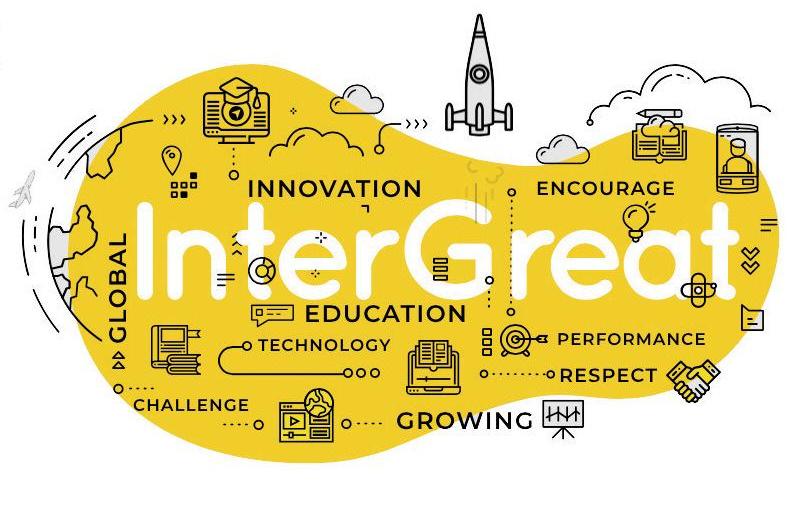LOCKDOWN: BRING ON THE BOR If the lockdown had lyrics, for many children the chorus would be “I’m bored”.
Dr Aric Sigman www.aricsigman.com
We’ve developed a keen sense of
The adrenaline-flooded 1980s and 90s
our lives and many are exhibiting
sensory deprivation re-emerged in the
entitlement for variety and choice in withdrawal symptoms in the face of
the sudden restrictions and reductions in everyday choice and novelty
imposed upon us by lockdown.
In the Cold War 1950s, boredom
enjoyed greater respect in certain
circles. The military became interested in how it could be used to brainwash
and torture the captured enemy. The journal Scientific American published ‘The Pathology of Boredom’ and research began on ‘sensory
deprivation’ and ‘physical isolation’
minimising external stimulation. As the brain was thought to function by reacting to outside stimulation,
scientists believed that if outside
stimuli were removed, the brain would essentially enter into a type of
comatose state or ‘dreamless’ sleep. Yet they were surprised to find that ‘The mind does not pass into
unconsciousness, the brain does not shut down... the isolated mind
becomes highly active and creative’.
saw the rise of paid-for boredom as
form of flotation tanks, and retreats
began to replace isolation chambers.
Today, scientists across the world are organising the 4th International
Interdisciplinary Boredom Conference for later this year. And now we have a
national physical isolation experiment with an enforced reduction of stimulation.
While there are many negative aspects to our current state, there are hidden benefits – especially for children. The restrictions of lockdown offer
liberation: being shut in opens a different set of doors.
We may be looking at a once-in-alifetime opportunity to pause for
reflection thanks to the very lack of
variety and stimulation we bemoan. This is not a neo-Victorian radical
traditionalist call for a return to the
past but a straightforward apolitical health and development matter.
A tyranny of options
We and our children have cultivated a
perpetual thirst for ceaseless novelty in many areas of our lives, which we
expect to be satisfied instantly in ways unthinkable even a decade ago – from
newsfeeds and alerts for our curiosity, Deliveroo and Just Eat for our palates, Netflix for our need to see the next
episodes now, Amazon for next-day
delivery, to hook-up apps for new or
better partners for marriage… or just for tonight.
Consumerism and consumption have gone far beyond material goods to
include, more than ever, experiences,
including virtual experiences. Window shopping for houses, holidays,
romantic partners, or peering into the lives of others including celebrities
online, is available to all without taking
a step outside our door. We’ve become gluttons for novelty and choice, and an
expanding world of options, and so too have our children.
All of this has left little time for the
necessary emotional housekeeping for good mental health as navel-gazing,

















